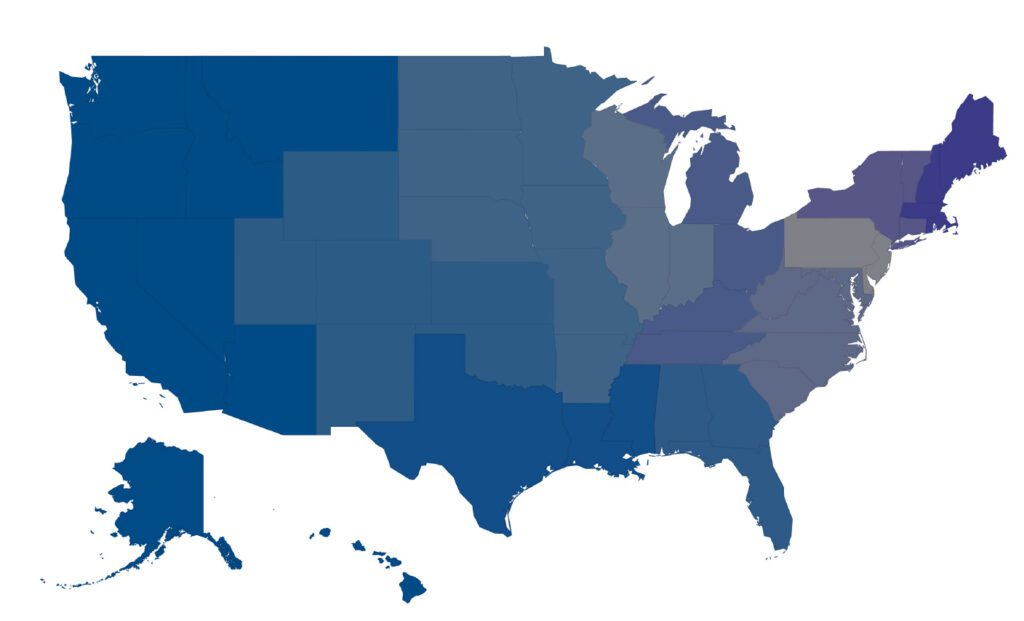Mississippi Rules of Civil Appellate Procedure
Rule 8. Stay or Injunction Pending Appeal
“(a) Stay by Clerk’s Approval of Supersedeas Bond. The appellant shall be entitled to a stay of execution of a money judgment pending appeal if the appellant gives a supersedeas bond, payable to the opposite party, with two or more sufficient resident sureties, or one or more guaranty or surety companies authorized to do business in this state, in a penalty of 125 percent of the amount of the judgment appealed from, conditioned that the appellant will satisfy the judgment complained of and also such final judgment as may be made in the case. The clerk of the trial court shall approve any such bond and the approval of the supersedeas bond by the clerk shall constitute a stay of the judgment. In the event the clerk declines to approve the bond, or the clerk’s approval is contested, or the appellant seeks a stay on any basis other than compliance with this subdivision, the requirements of Rule 8(b) apply.
(b) Other Stays Must Ordinarily Be Sought in the First Instance From the Trial Court.
(1) Application for a stay of the judgment or the order of a trial court pending appeal or for approval or disapproval of a contested supersedeas bond or for an order suspending, modifying, restoring, or granting an injunction during the pendency of an appeal must ordinarily be made in the first instance to the trial court. The court shall require the giving of security by the appellant in such form and in such sum as the court deems proper, and for good cause shown may set a supersedeas bond in an amount less than the 125 percent required in cases under Rule 8(a).
(2) However, a bond or equivalent security required on any money judgment entered in whole or in part on account of punitive damages shall, as to the punitive damages portion of the judgment only, be the lower of:
(a) 125 percent of the total amount of punitive damages, or
(b) ten percent of the net worth of the defendant seeking appeal as determined by applying generally accepted accounting principles to the defendant’s financial status as of December 31, of the year prior to the entry of the judgment for punitive damages.
(c) Absent unusual circumstances, the total amount of the required bond or equivalent security for any case as to punitive damages shall not exceed $100,000,000.[…]”

**In Federal cases the bond requirement is governed by Federal Rule of Civil Procedure “62(b) Stay by Bond or Other Security. At any time after judgment is entered, a party may obtain a stay by providing a bond or other security. The stay takes effect when the court approves the bond or other security and remains in effect for the time specified in the bond or other security.”**
The information contained on our site is for general information purposes, and you should consult with your attorney for the most up to date civil code or local rule that applies to your case.
Choose the State...
Experience the CSBA Difference today
Expert Guidance • First-Class Service • More Options








